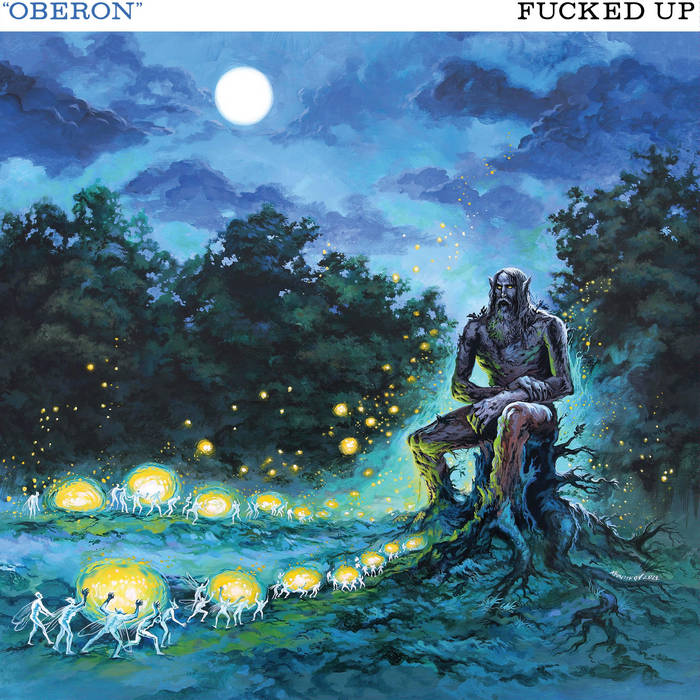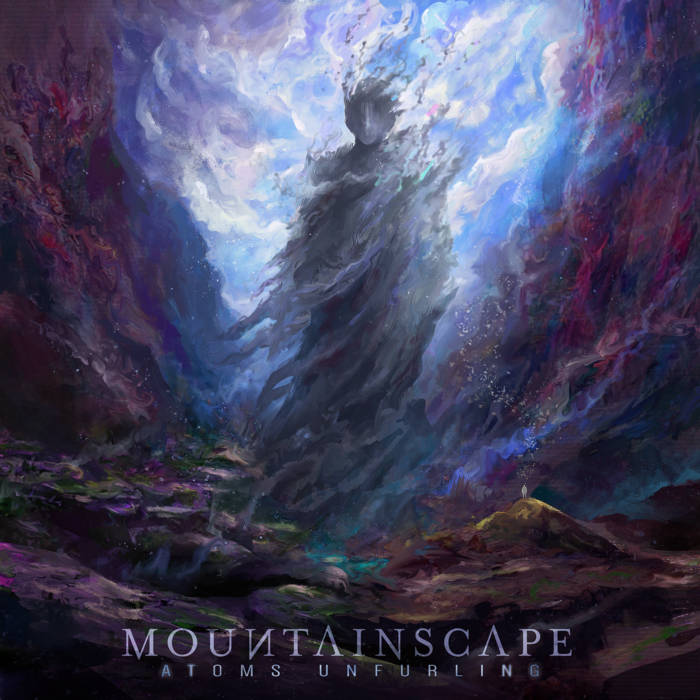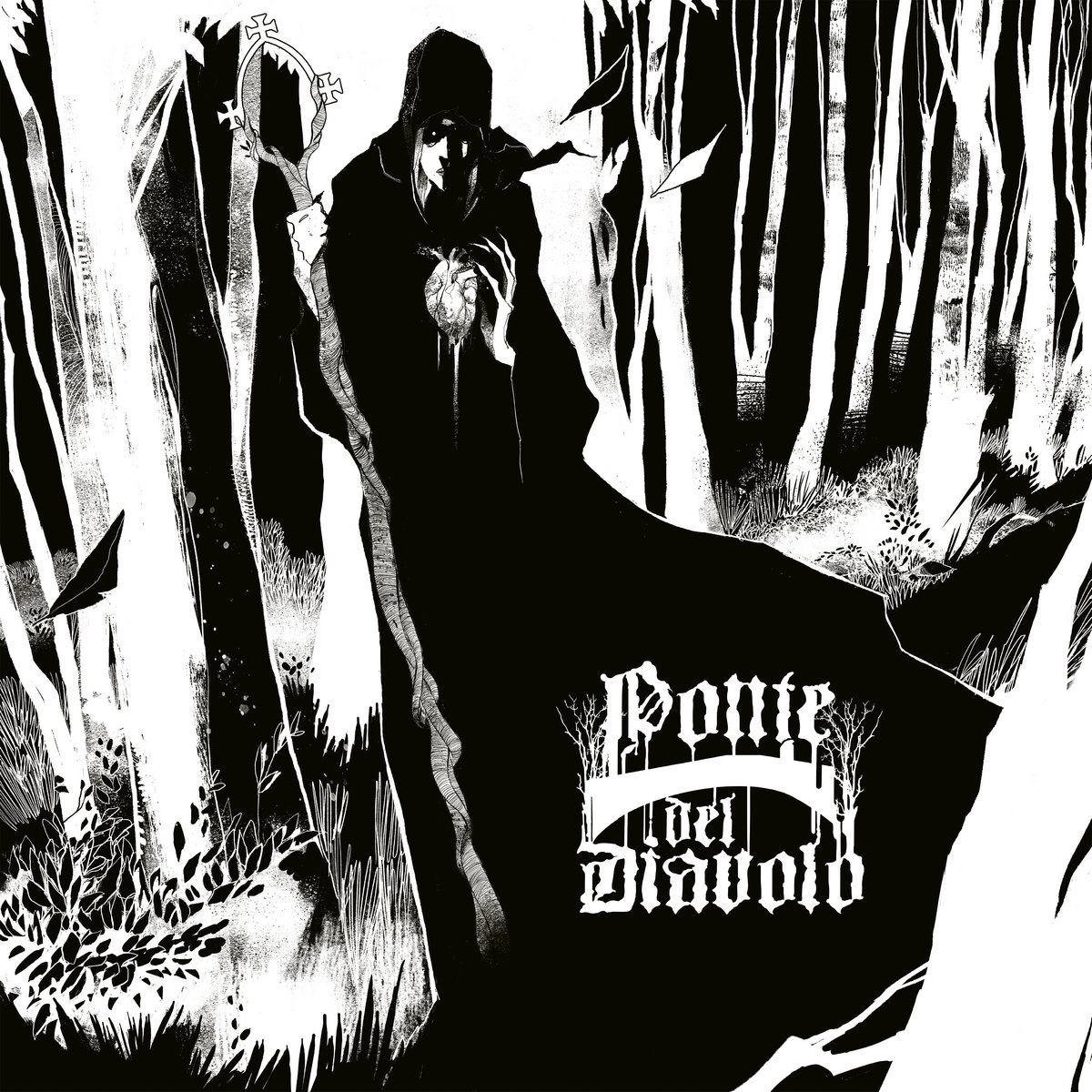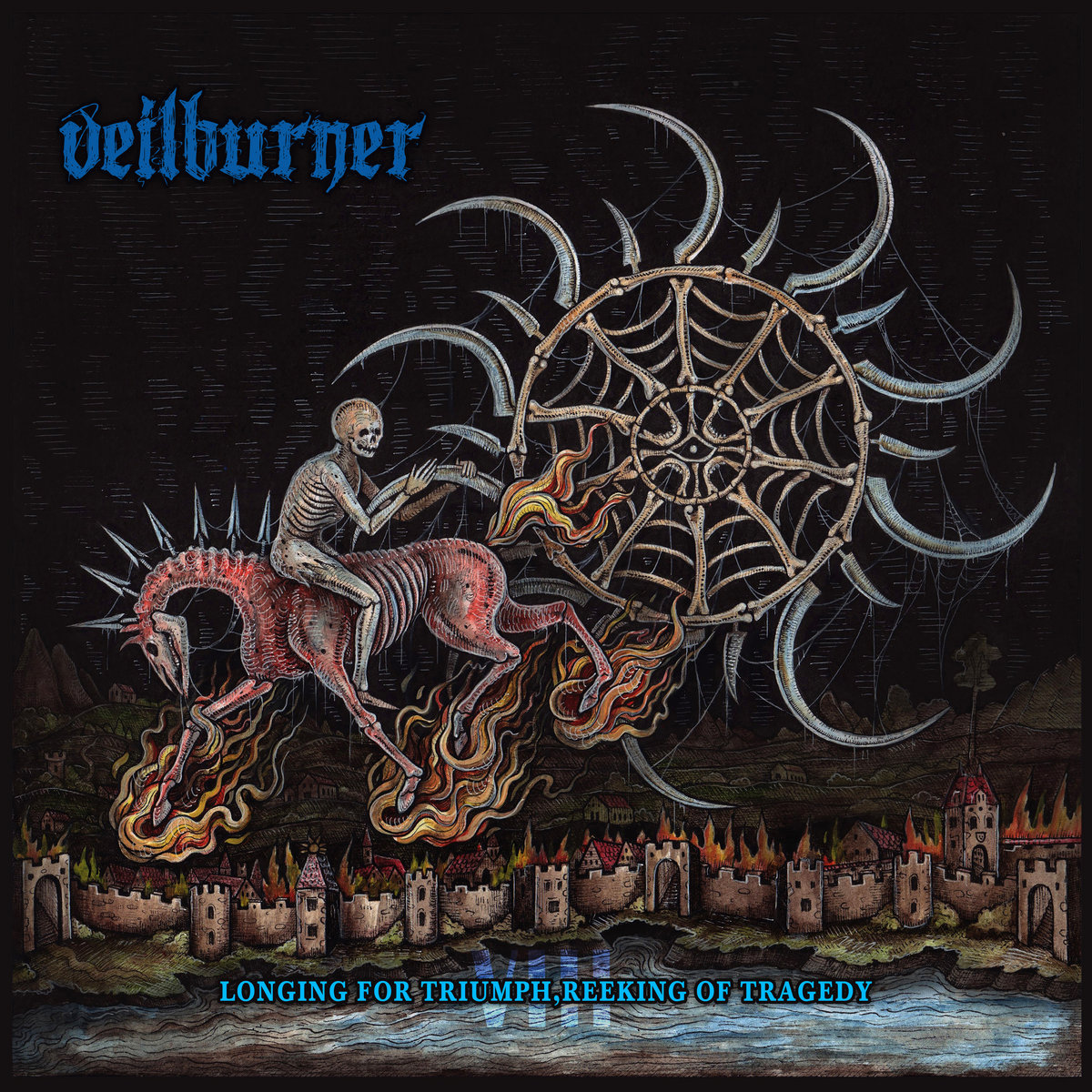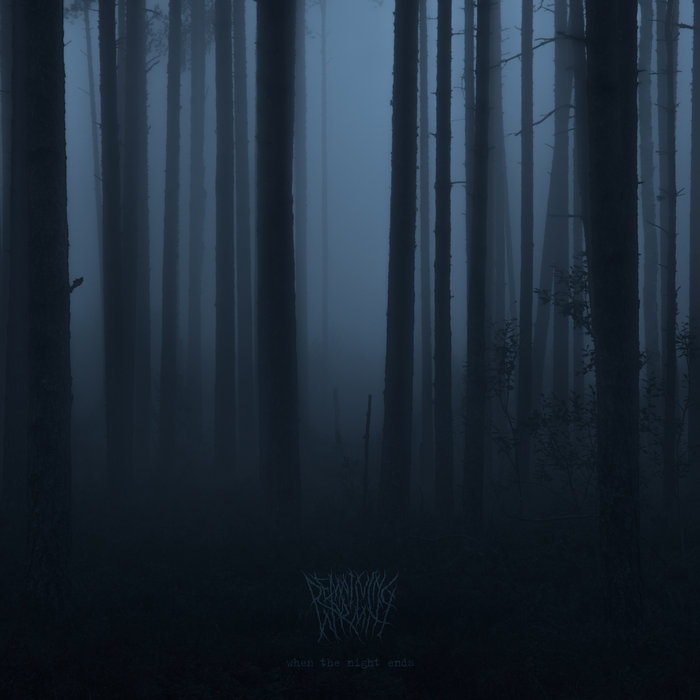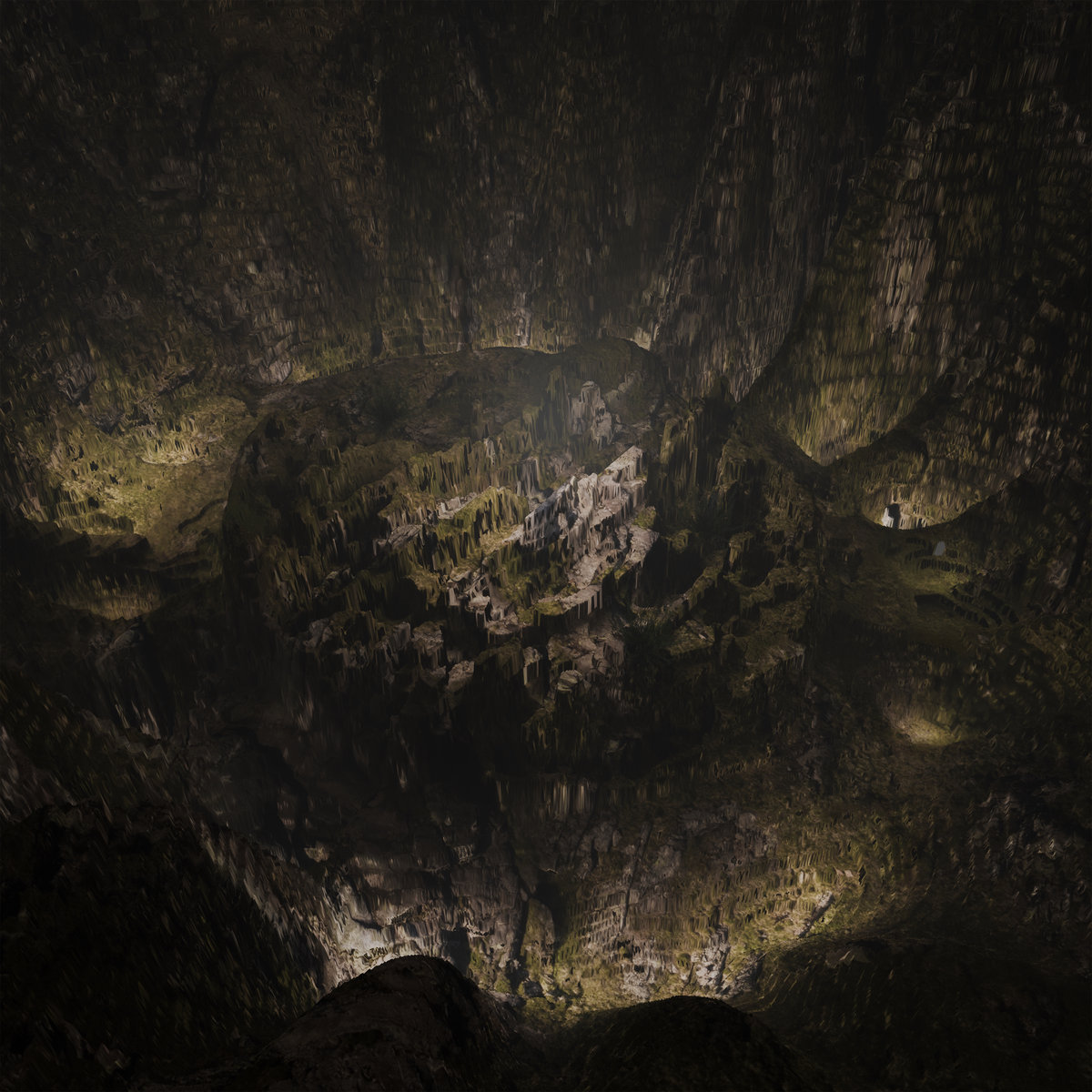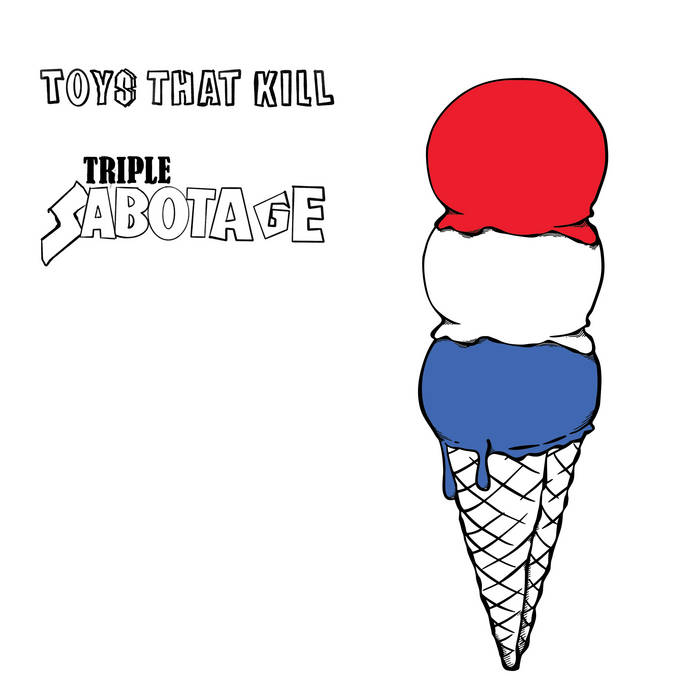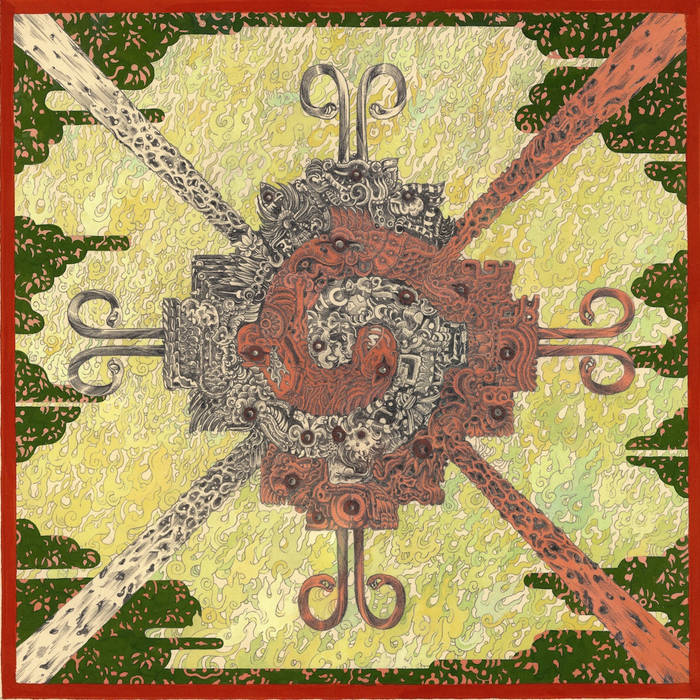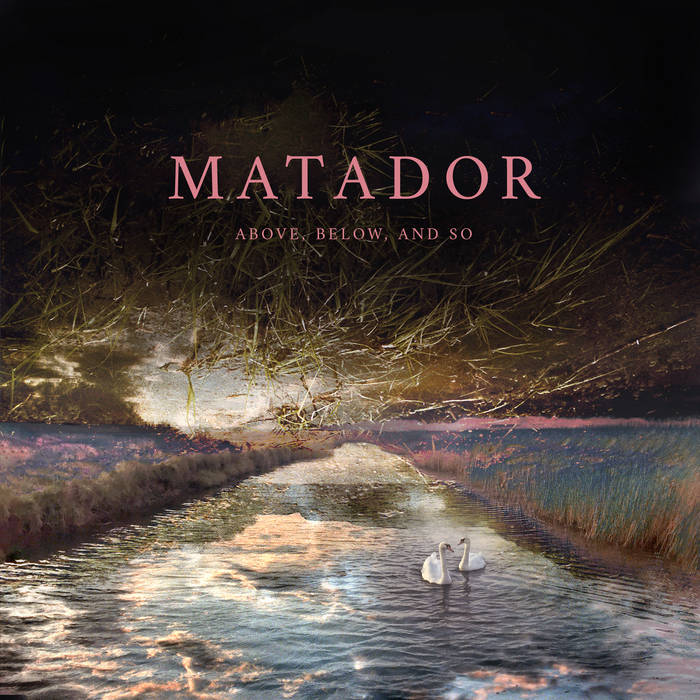Getting into this record is like a time machine for me, in a way. It reminds me of a time thirty years past, when I literally would try to get as much information about important records as possible. That is a compliment from my side for one of the most interesting Atmospheric Black Metal releases of 2022 – Givre‘s new masterpiece Destin Messianique!
Okay, let’s go down the rabbit-hole for this one. Let’s start off with the lyrics and the idea behind it: Givre don’t write lyrics, they collect them, meaning that the things Jean-Lou David screams into one’s face are excerpts from old, older or near-ancient sources. In some ways that is also shown in a few of the track titles like ”La Saint-Vierge intervenant en faveur de l´armee française à la bataille de la Monongahéla (9 juillet 1755)” (“The Holy Virgin intervened in favor of the French army at the Battle of the Wilderness (9 July 1755)”). The usage of such excerpts should not be unexpected when knowing that Jean-Lou is a historian and even less so when taking into account that the band members see themselves as recount-ants of the history of Quebec, the Canadian province where they are from. And the picture they paint of their region is quite a bleak one, one of self-mutilation in order to please a Catholic God whose last fortress on the North American continent they were. Like the Americans from below the border the Quebecois also thought they had a manifest destiny (or Destin Messianique - a messianic destiny!) to spread Catholicism on the continent, so the reference to the Battle of the Wilderness back in 1755 when the French Army defeated, with the help of their Native American allies, a much stronger British American army which outnumbered them by a wide margin and which was also much better equipped.
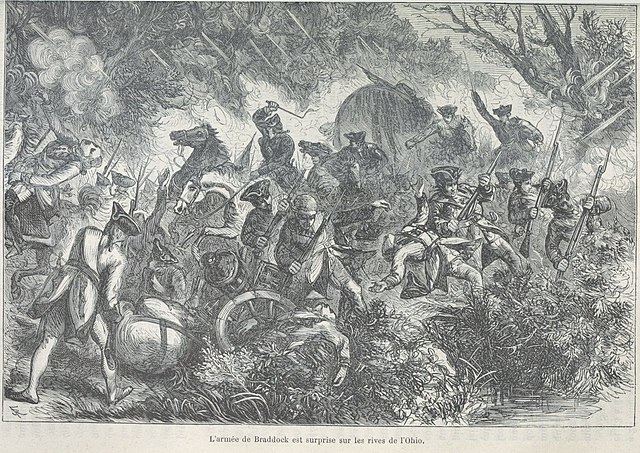
Nevertheless, the French won by a good combination of will, tactics and, as many believe, sheer luck which then again was only plausible if it happened by divine intervention – in this case by Mother Mary herself. That the British won the French and Indian War (or Seven Years’ War as it is also called) in the end seems to add to the improbability of that victory out there in the wilderness. So, being the last resort of real Christianity in North America, the people from Quebec went into a kind of self-imposed inner refuge and the band even goes so far as describing the province as a kind of theocracy until the mid-20th century, which only seems fair, when thinking about the Catholic hardliner (and racist and anti-Semite) Maurice Duplessis who is the namesake for the last track ”Consécration à la Vierge par Maurice Duplessis”. The former prime minister of Quebec led the province by referring to the will of God and all the saints and who, by today’s standards, seems to have fallen into the position through a wormhole from the 19th century. You can also hear Duplessis’ voice at the end of the record in the form of a vocal sample used to end this tour de force through the history of Quebec.
However, Givre is not only interesting for the history buffs among us – musically this is one of the best black metal records I have heard all year long. The music is dense but the self-recorded tracks are so brilliantly produced that listening to them is a real pleasure. You can hear so many well-timed changes in pace, or the minuscule bits of string arrangements behind the wall of sound, for example at the middle of ”Le Laboureur” (“The Worker”) and only at second glance notice that the “guitar solo” is also a violin solo at the same time. The way the trio establishes mood is outright breathtaking – just listen to those three seconds of silence after the first 44 seconds of the opener with the long title above. Those three seconds, and the way the tonality is conferred from one end of that pause to the other, can tell you more about a band’s talent than most full-lengths by your average run-of-the-mill black metal can. This track alone, oh no, let’s call it what it is, this opus alone with its horn parts, the spiraling crescendos, its minute choral chants, the despair-drenched screams – and all of these things in such a perfect balance! This only shows that the three guys behind Givre (which means “frosted” in English) are real cracks at their crafts; David Caron-Proulx (responsible for composition, guitars, keys, mixing and recording) even studied jazz guitar, arrangement, orchestration, sound design and electro-acoustics. These guys know what they’re doing and that also shows in the samples they embed so perfectly into their music one will it hard to recognize many of them as samples like the sound of hooves in the middle of ”Le Laboureur” or the ending of ”Érable Rouge” which is a part of a 20th century song written by a Quebecois artist called Albert Viau with a quasi-nationalist intent, to show the beauty of the maple leaf, which at first was a symbol for Quebec not for all of Canada.
Givre (pronounced “shi-vre” with a short, voiceless ‘r’) have an agenda with their music – they want to document the history of their region without judging it (even though, they indirectly do so). They created an album which leaped most others I heard this year and it will surely become a staple in modern atmospheric black metal in the following years.


